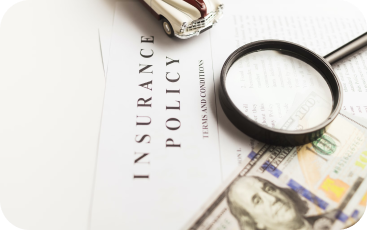Car insurance in North Carolina works differently from other states in the U.S. North Carolina is one of the few states that use a “tort system”.

Car insurance in North Carolina works differently from other states in the U.S. North Carolina is one of the few states that use a “tort system”.